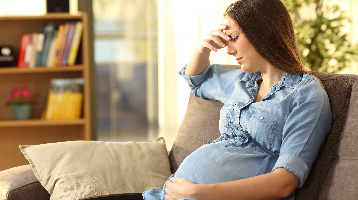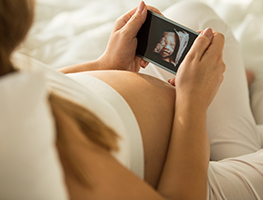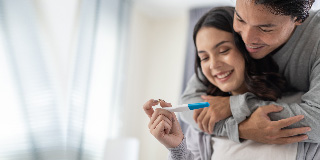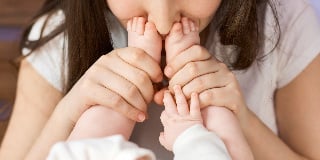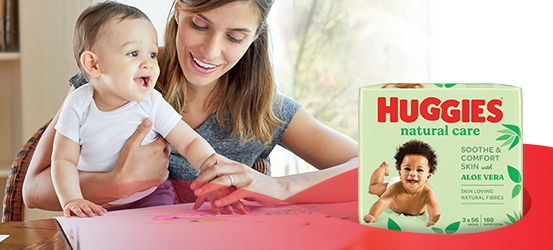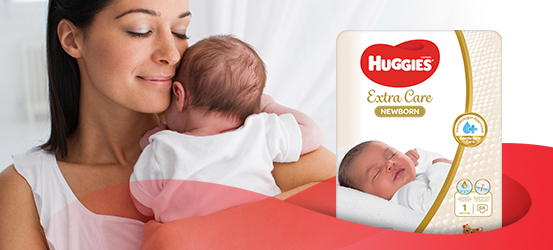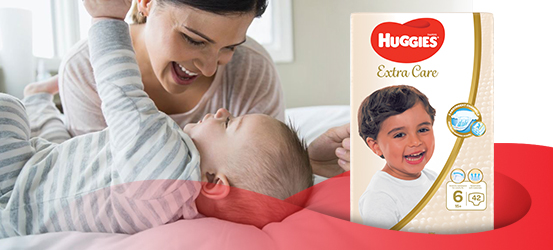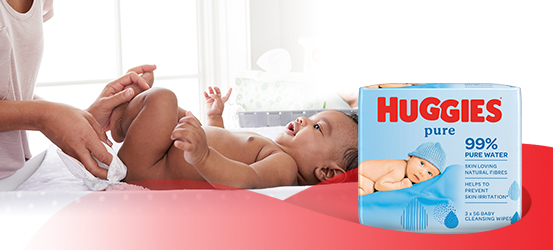Be ‘Body Aware’
The most important message we can pass on to you and your circle of friends is to become what we call ‘Body Aware’. This means you need to get to know your body and learn what its usual functions are – work out what is normal for you.
If something doesn’t feel right or is different to how you normally feel or function, then you should get it checked out by your doctor. We have listed below some of the more common symptoms that may be a sign of cancer. Please be aware that if you have these symptoms it does not automatically mean that you have cancer, but we recommend that you see a doctor to be sure.
You should see a doctor if you notice any of the following breast health concerns:
Breast cancer
- A lump, lumpiness, or a feeling of thickness, somewhere in your breast
- Anything coming out of your nipple without squeezing, except breast milk
- A change in the shape of your breasts or the appearance of dimples in your breast
- Pain in a part of your breast
- A nipple that turns in (unless it has always been turned in)
Gynaecological cancers
-
A change in the pattern of your menstrual bleeding, including bleeding between periods, after intercourse or menopause or heavier or longer bleeding
-
Pain during intercourse
-
Unusual vaginal discharge
-
Excessive tiredness, loss of appetite or unexplained weight loss or gain
-
Swelling, discomfort and pain in the abdomen
-
Gastrointestinal symptoms such as heartburn, nausea and bloating
-
Changes in bowel habits, such as constipation and diarrhoea
-
Itching, burning and soreness of the vulva
-
Any changes to the appearance of the vulva including lumps, swelling, sores, moles or any changes to the skin
-
Burning pain when passing urine
Don’t forget!
You know your body best, so if you have concerns about any of the above symptoms please see your doctor. If your doctor doesn’t find anything and you are still concerned you should not be afraid to ask for a referral to a specialist.
Cancer smart recommendations
While there is no way you can guarantee that you won’t get cancer, there are steps you can take to lower your overall risk.
We recommends you:
-
Quit smoking or, better still, never start.
-
Maintain a healthy body weight and be physically active.
-
Enjoy a balanced diet with plenty of fruit, vegetables and wholegrain or high-fibre foods.
-
Avoid drinking alcohol.
-
Participate in recommended screening programmes.
-
Get to know your body and what is normal for you, and act when you notice any changes.
Regular checks and screening
Regular breast health checks and screening can help find cancer early when it may be easier to treat. Below are details of the available checks and screening programmes for women’s cancers.
Breast cancer
For the early detection of breast cancer it is recommended women:
-
Be ‘Breast Aware’ by familiarising yourself with the normal look and feel of your breasts.
-
See a doctor immediately if you notice any unusual breast changes.
-
If you are aged 50-69, have a mammogram every two years. If you are aged over 70 you should discuss the role of continuing mammography with your doctor. Mammography is not recommended for women under 40.
Gynaecological cancers
For the early detection and prevention of cervical cancer we recommend that all women aged 18 to 70 who have ever been sexually active have a Pap smear every two years.
Presently, there are no formal screening programs for ovarian, uterine, vaginal or vulvar cancers. It is recommended that, if you are experiencing any symptoms that do not feel normal, to visit your doctor for a breast health check-up.
Prevention is better than cure.
For more information see Motherhood or Parenting.

